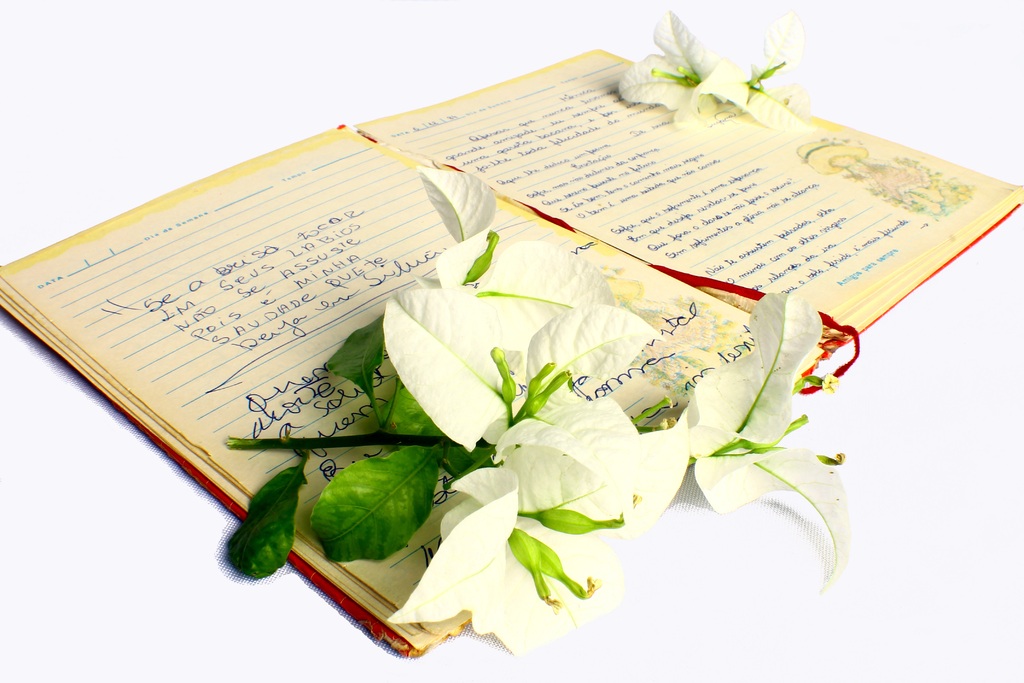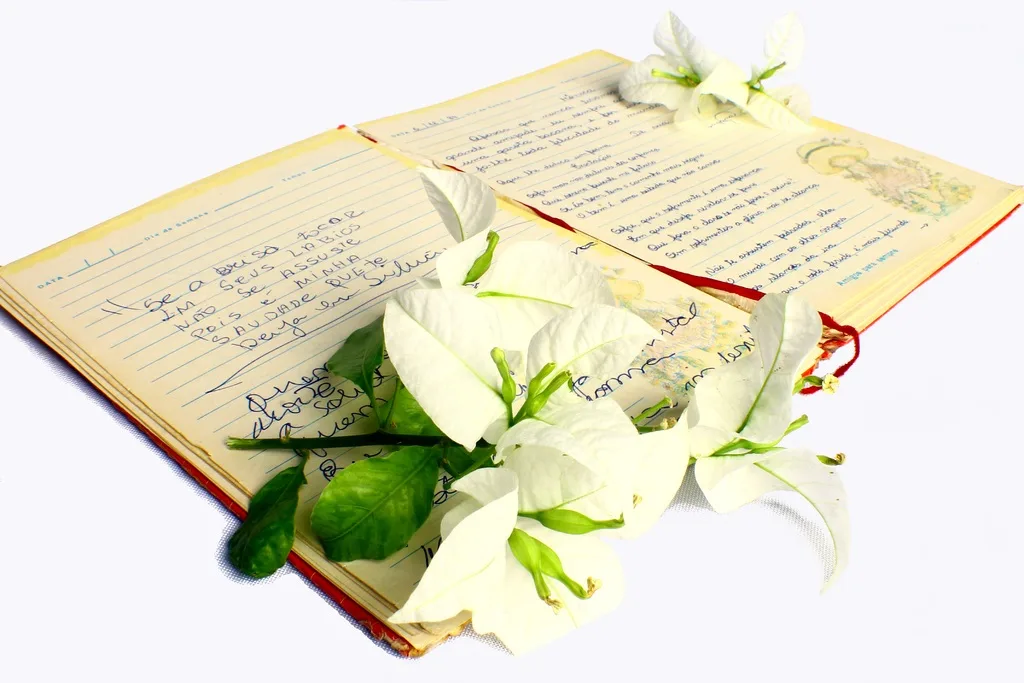You don’t need these guidelines if the purpose of your poetry is to express a sensation that you have personally experienced. Write whatever comes to mind. Only you have had the experience you wish to communicate. Therefore, only you can judge whether your poetry is successful.
Writing what comes naturally to you won’t be sufficient if you aim to engage a reader and elicit an emotional reaction from them by drawing on established literary genre norms. Let’s look at some advice for writing clear and appealing poetry.

Basic Guidelines for Composing Engaging Poetry
Poetry is art. There are no established guidelines for poetry. But like all creative writing, a little discipline might help you keep your thoughts in check and get more done. Let’s look at some pointers to get you started writing beautiful and concise poetry.
Read Other Poets
Reading poetry is a good place to start if you wish to compose masterpieces. You may achieve this in a relaxed way by allowing the words of your favorite poetry to wash over you without necessarily looking for deeper meaning. However, you can also engage in analysis to further understand poetry.
Think about the larger message of your favorite poetry. Try to comprehend the essential meaning of the artwork of your favorite artist. Do a line-by-line examination of a lovely sonnet.
Let the individual phrases of a stunning elegy engage with your feelings. By doing so, you may comprehend how poetry interacts with readers and learn how to evoke the desired feelings in your audience.
Start Anywhere
A basic rhyming poem or a short poem like a haiku could be easier to master than a complex epic. A straightforward rhyming poem might serve as an approachable first poem.
A clean, multi-line free verse poem is more stunning than a messy, winding epic of empty verse iambic pentameter, even though it probably took much less time to write. Don’t confuse length with quality.
Don’t give up if you don’t believe you have the precise words to begin your poetry. When ready, go back to the first line and continue writing. The first line is but one element of a larger work of art.
A typical error among beginning poets is giving it more significance than required. So, start somewhere, and you will find your path. Starting the poem is the first step toward composing a stunning masterpiece. So, take that much-needed step to how to write poetry.
Enjoy Literary Devices
Use a thesaurus or rhyme dictionary if doing so would assist you in finishing a poem. How many expert authors also utilize these tools may surprise you. Just ensure the words you use in your poetry have the intended meaning. A thesaurus may contain synonyms that differ from the message you’re trying to communicate.
Poetry may benefit from literary techniques, just like any other writing style. By using metaphor, parable, synecdoche, lexical cohesion, symbolism, and other literary strategies in your poems, you may improve your poetry-writing abilities.
This can be quite simple in an unrhymed form like free verse. However, it can be more difficult in forms of poetry with precise meter and rhyme requirements.
Focus On Stories and Big Ideas
Poetry is a form of writing in the English language where communication is key. Try using your poetry to create a narrative. A poem may communicate many concepts you could discuss in a book, a short tale or an essay.
A novella’s length is comparable to a narrative poem. Edgar Allan Poe’s “The Raven” similarly conveys fear and threat as other horror films. So, follow your inclination if you want to tell short stories in your poetry.
Language clarity is a key component of good poetry. So, if you pick your words wisely, you may convey an entire worldview. You might express some of the philosophical and political ideas you would discuss in an essay in lyric poetry.
Even seemingly simple literary forms, such as funny limericks or nursery rhymes, may convey important concepts. The key is to pick the appropriate words.
Paint a Picture
In order to metaphorically “paint” tangible images in the reader’s imagination, poets employ word choice. Painting images in the context of visual art refers to the act of capturing characters, things, and landscapes for viewers to see for themselves.
Painting images in creative writing also means creating a vivid depiction of characters, things, and settings, but the core medium is the written word.
Network with Poets
Through poetry readings and maybe poetry writing seminars, poets can interact with one another. In an artistic setting, poets frequently share their work, read aloud their poetry, and offer criticism on rough drafts.
A good poem can take many different shapes. Furthermore, a community may expose you to many approaches. Join a poetry club so you may hear various kinds of poetry, talk about the genre, write down fresh ideas, and get insight from your peers’ writing. These formats may differ from the poetry you usually write, but they nonetheless inspire creativity.
A supportive group of people may help you come up with ideas, impact your mood, and share poetry workouts that may have inspired other group members to write excellent poetry.
Take The Next Step
Each type of poetry has certain standards for its rhyme system, length, meter, topic matter, and other elements. They differ from other kinds of poetry because of these features. Consider these forms as the poetry counterparts to the grammatical conventions that regulate prose writing.
It’s crucial to succeed within the confines of the poetry form you’ve selected, whether you’re composing a villanelle or free verse. Versatility is an important ability, even if you finally produce all of your work as one specific form of a poem.
If you wish to learn how to write poetry, take a look at the guidelines above. These guidelines come directly from published writers and poets and can help you compose the perfect poem for your audience. Stick to these guidelines, explore other formats, and revise your poem after getting feedback. That’s it.










